Symposium – Food Cultures in the Arabian Peninsula between Traditions, Innovations and Challenges
Date: Monday 4 & Tuesday 5 November 2024
Time: 9:30 am – 5:30 pm
Venue: Zayed Theatre, SUAD Campus
Open to public
The aim of this symposium is to explore food cultures in the Arabian Peninsula over an extended historical period using a multidisciplinary approach, with the goal of highlighting transformations and current challenges, particularly regarding public health, and to propose potential solutions.This event marks the launch of the Sorbonne Université Alliance’s multidisciplinary “Food” Initiative, which brings together around forty colleagues from Sorbonne Université’s three faculties (Humanities, Sciences and Engineering, Health), the Muséum National d’Histoire Naturelle (MNHN), CELSA, INSEAD, and INSPE.
The symposium also seeks to foster connections with local scholars by inviting them to participate in the call for papers, discussions, and roundtables, with the aim of establishing long-term partnerships, developing a structured network, and promoting international mobility for both faculty and researchers, as well as doctoral students. Lastly, the event includes an “open science” component to share research with the general public through two dedicated outreach events.
About the speakers
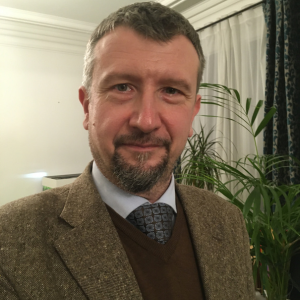
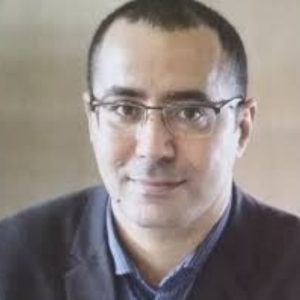
Since his appointment at the École Normale Supérieure in Lyon in 2000, Makram Abbès has served as the head of the preparation for the Arabic agrégation exam and the monitoring of students specializing in Arabic studies. Starting in 2014, he became the director of the Arabic Studies section within the Department of Languages, Literatures, and Foreign Civilizations at ENS Lyon. Since then, he has been responsible for the Master’s program in Arabic Studies, which focuses on the study of classical and contemporary Humanities, and he is the founder, in 2017, of the Master’s program in Middle Eastern Studies, part of the “European and International Studies” track, designed for students wishing to specialize in this geographical area. Makram Abbès is also in charge of the Master’s in Religious Sciences and Societies, co-accredited with Lyon 3 University and Lyon 2 University.
The courses he teaches within these programs place significant emphasis on political, legal, and religious issues present in the Arab world in particular, and in Islam in general. His approach remains attentive to both their contemporary dimensions and their historical roots.
A specialist in Arabic philosophy, Makram Abbès has dedicated numerous studies to thinkers such as al-Fārābī, Avempace, and Averroes, as well as to classical scholars, jurists, theologians, and historians (notably Ibn al-Muqaffa‘, al-Māwardī, and Ibn Khaldūn). These authors, along with the textual traditions they belong to or the disciplines in which they are situated, are examined from the perspective of political thought: governmental rationalities, the philosophy of the state, the relationship between rulers and the ruled, political counsel, and the theory of war. For certain themes (such as war, for example), connections are drawn between classical texts (Qur’anic exegesis, law) and contemporary works (especially those associated with Islamism), in order to offer a critical, contextualized, and non-essentialist reading of the subject.
Makram Abbès has also focused extensively on the arts of governance, the philosophy of war, and the theological-political problem in Islam (tolerance and intolerance, dogmas and creeds, secularism and secularization, etc.).
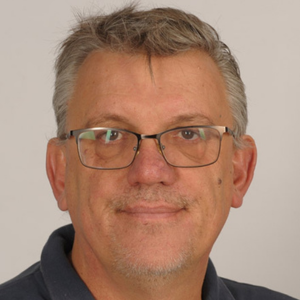
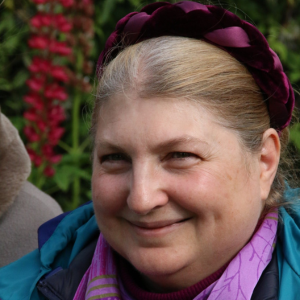
Nourritures terrestres, nourritures célestes : la culture alimentaire à Byzance(Paris 2015)
Religion et interdits alimentaires. Archéozoologie et sources littéraires, Leuven : Peeters, 2022 (with H. Monchot)
Rituels religieux et sensorialité (Antiquité et Moyen âge), Milan, Silvana Editoriale, 2021.(with E. Neri)
Baptême et baptistères : regards croisés sur l’initiation chrétienne entre Antiquité Tardive et Moyen Âge, Milan : Silvana Editoriale, 2023 (with L. Orlandi)
.
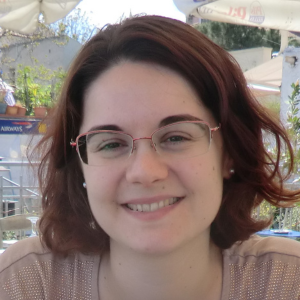
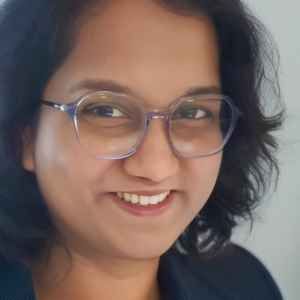
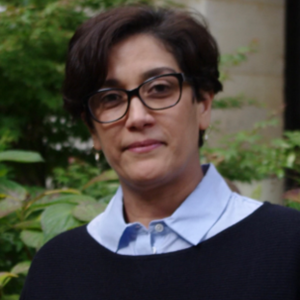
During her career, K. EL HADRI has taught animal physiology and pathophysiology at Sorbonne University, and carried out her research work on cardiovascular diseases (CVD) and particularly atherosclerosis. His research has gradually evolved towards aging and age-related pathologies, with a particular focus on CVD, the risk of which increases with age.
Pr. K. EL HADRI-ZEGOUAGH will present a lecture on a topical subject that places the bacteria that reside in us (intestinal microbiota) at the heart of our physical and mental health.
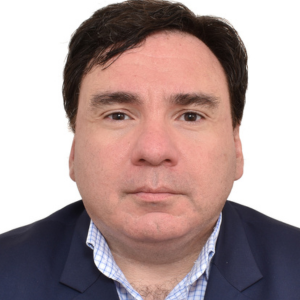
He currently directs ethnography projects that document the ceramic and stone production of incense burners in the Arabian Peninsula and East Africa, sponsored by the United Arab Emirates, …and by the Sultanate of Oman. Additionally, he has directed a cultural heritage project and traveling exhibition on rock art in 2016 – 2019: The Dhofar Rock Art & Arabian Inscriptions Project: A Digital Humanities Initiative in the Sultanate, which was under the auspices of the Sultan Qaboos Cultural Center, Diwan of the Royal Court, The Palace, in the Sultanate of Oman.
.
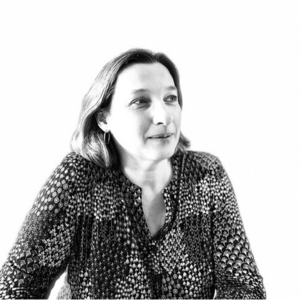
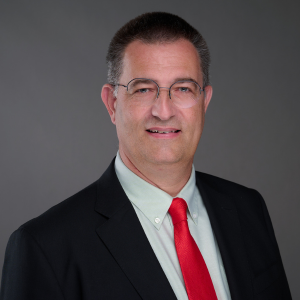
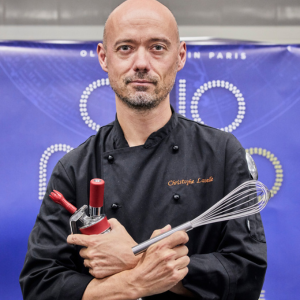
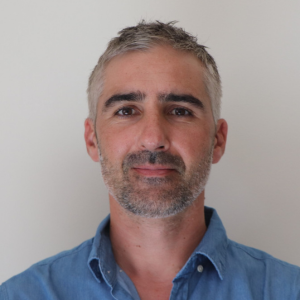
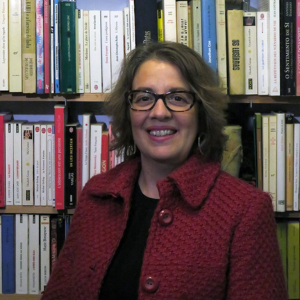
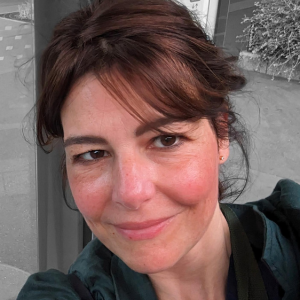
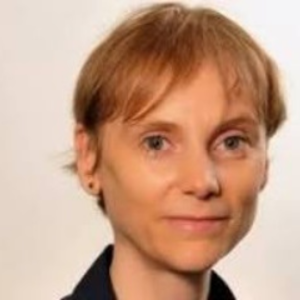
She is also passionate about her work in space-related research. Since 2017, Prof. Platat has been an enthusiastic member of the Emirates Space Innovation Group. In this role, … she leads exciting projects on weightlessness, insulin resistance, and exercise, collaborating with renowned institutions like the Mohammed Bin Rashid Space Centre in Dubai, the Institute of Biomedical Problems in Moscow, Russia, and NASA’s Johnson Space Center in Houston, USA. Her research in space aims to uncover how space conditions affect human health, to develop innovative ways to maintain well-being during space missions and counteract the side effects of inactivity on Earth.
In addition to her work in space, Prof. Platat explores the use of natural ingredients to create functional foods.
Prof. Platat obtained her engineering degree in agronomy from the National School of Agronomy and Food Industries in Nancy, France, and later completed her MSc in Biology and Human Nutrition at the National Institute of Agronomy in Paris. In 2005, she earned her PhD in Biomedical Sciences from the University of Louis Pasteur in Strasbourg, France, where she investigated the interrelationships between dietary factors, physical activity, and metabolic syndrome in adolescents. During her post-doctoral work at the Pluri-disciplinary Institute Hubert Curien in Strasbourg, she focused on the interaction between physical activity and lipid oxidation.
Since joining UAEU, Prof. Platat has taught various undergraduate and graduate courses in Macronutrients, Nutrition and Metabolism, Sports Nutrition, Human Nutrition Assessment, Exercise and Health, and Functional Foods. She coordinates the BSc in Nutritional Science and PhD in Nutritional Sciences programs and serves on several committees, including the Innovation, Educational Assessment, Research and Graduate Studies Committees, and more recently, the College Quality Assurance Committee. She has also contributed to the EXPO2020-UAEU Task Force and the UAEU Strategic Management Office.
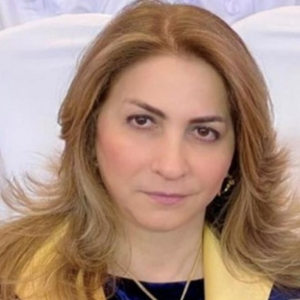
Dr. Al-Okla has an extensive teaching portfolio, having instructed courses in immunology, molecular biology, and genetics at various universities. She has adeptly supervised numerous research projects … for both undergraduate and postgraduate students, fostering the development of emerging scientists.
As a principal investigator, she has been secured several prestigious research grants, focusing on epigenetics in the development and severity of diseases in omani population as well as the medicinal properties of the local plants, particularly in relation to infections and inflammation. Her research projects aim to uncover the complex interplay between environmental exposures, nutritional factors, and genetic expression, with significant implications for public health. highlighting her commitment to addressing regional health issues through cutting-edge scientific inquiry.
Dr. Al-Okla has published her research extensively in a variety of international journals, contributing to the global discourse in her fields. Additionally, she serves as a peer reviewer for esteemed journals such as Heliyon and Natural Product Research by Elsevier, as well as Epidemiologia and Healthcare by PMDI, where she helps uphold the quality and integrity of scientific publishing.
In her leadership role as Chair of the Research and Innovation Committee at her college, Dr. Al-Okla actively shapes research policies and strategies, enhancing the research environment within the institution. She also holds memberships in several other committees at both the college and university levels, contributing her expertise to a broad range of academic and administrative functions. Her active participation in these roles underscores her dedication to advancing scientific knowledge and fostering innovation in the academic community.
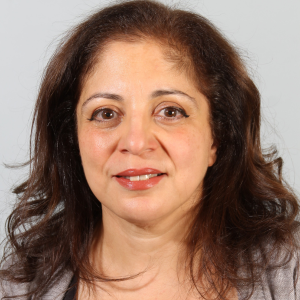
She is interested in literature and the writing of history (her thesis focuses on the historical novel of Jurjî Zaydân), as well as figures of marginality (she co-edited, with Ève Feuillebois, a work on this subject: Étrangeté de l’autre, singularité du moi. Les figures du marginal dans les littératures …, Paris, Classiques Garnier, 2015, 657 p). She also explores the referential space in contemporary Arabic literature (she co-edited, with José Costa, Bernard Rougier, and Michèle Tauber, a work on this topic: Imaginaire et espace dans les mondes arabes et hébraïques , Paris, PUF, 2023, 686 pages). Her latest publications focus on the contemporary novel of the Arabian Peninsula (« Du quartier au palais, du rêve d’émancipation à la cruelle réalité de l’aliénation : une lecture de Tarmī bi-šarar [ترمي بشرر] de ‘Abduh Ḫāl [عبده خال] », in Laurence Denooz et Élisabeth Vauthier (éd.), LiCArC, Revue de Littérature et Culture Arabes Contemporaines – Poétique du lieu fictionnel dans le roman de la Péninsule arabe, Hors-série, 11, 2023, p. 27-40).
Partners:

Kindly note that this event will be photographed and videographed
Please fill-in the registration form below to confirm your participation on campus
Bookings are closed for this event.
